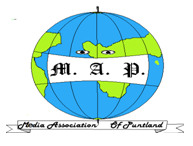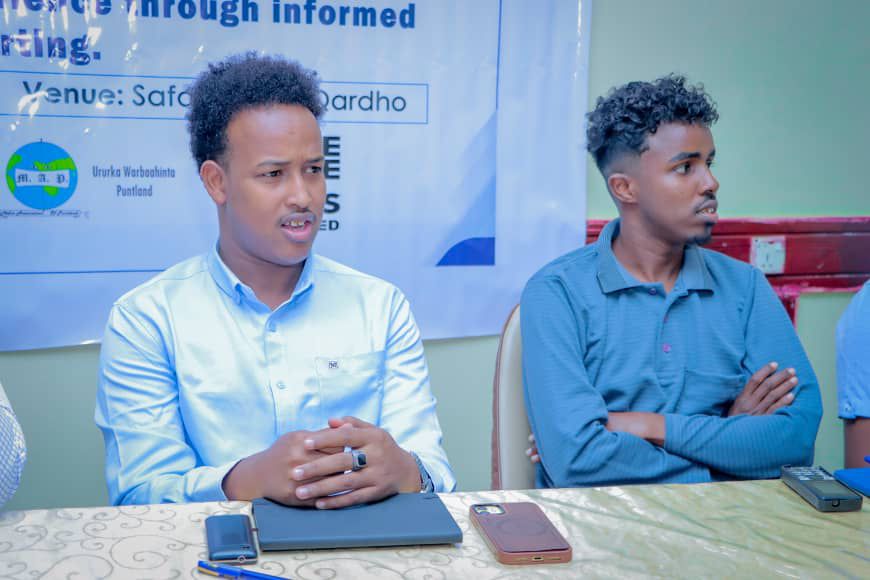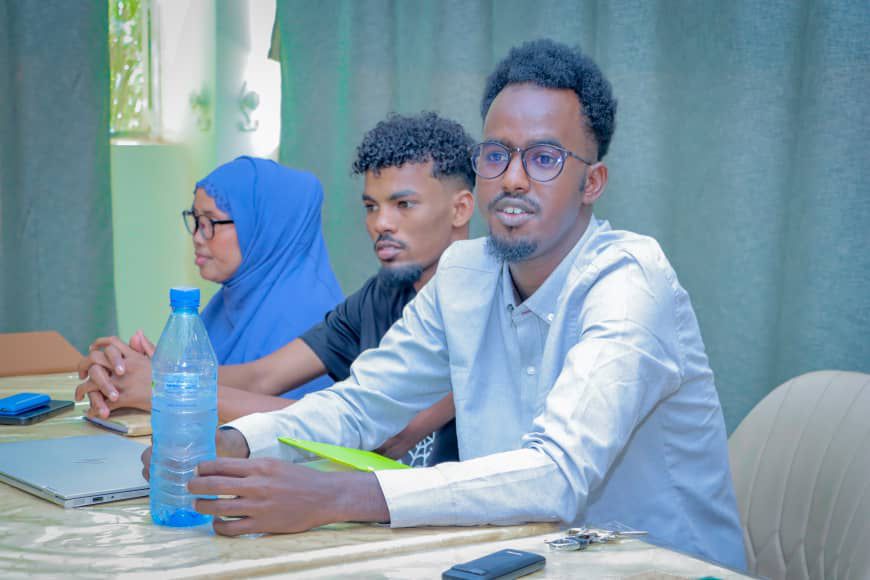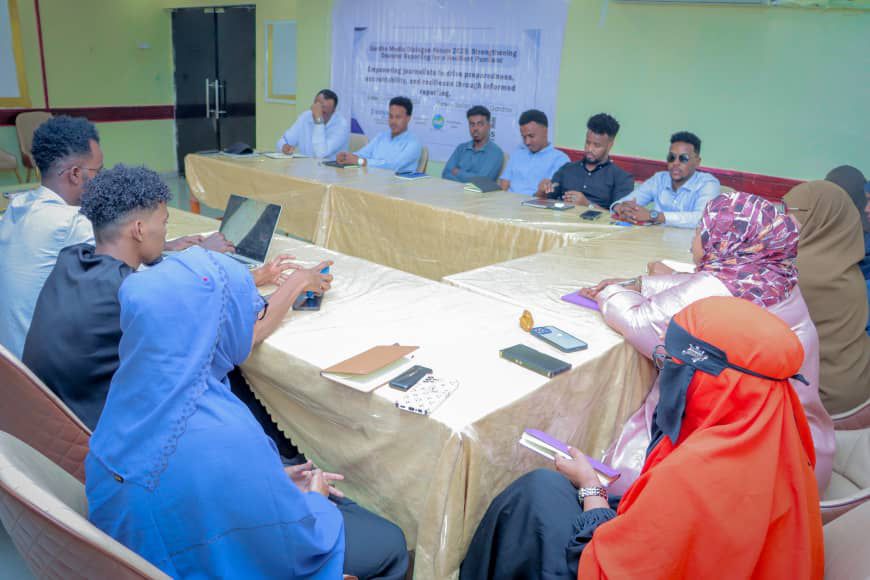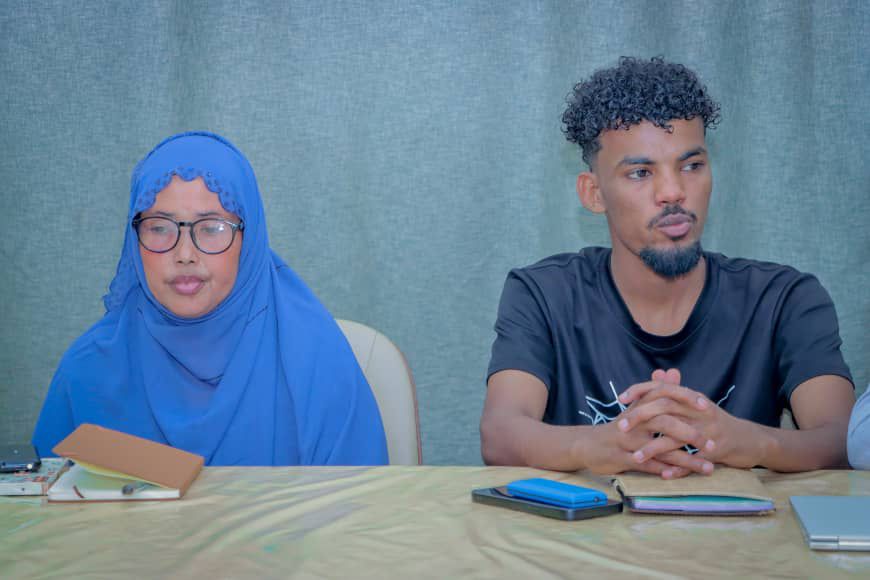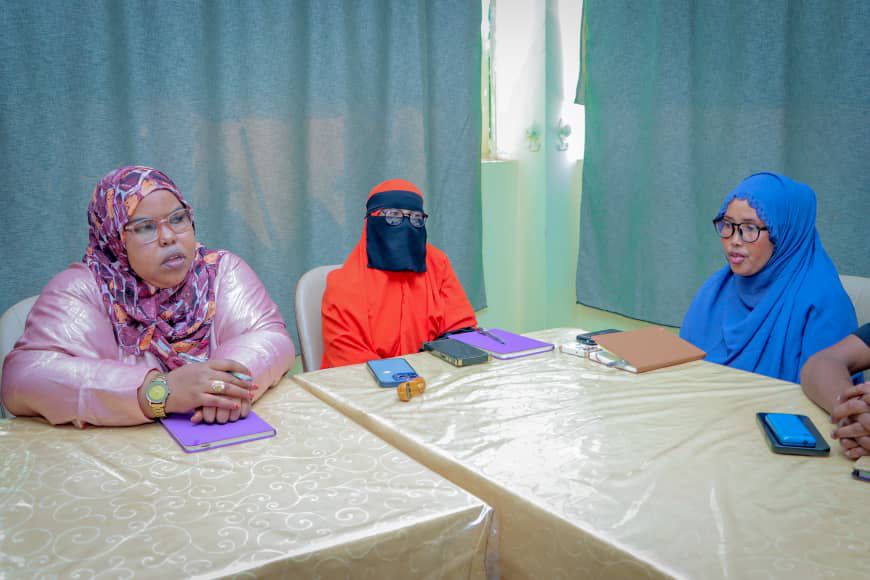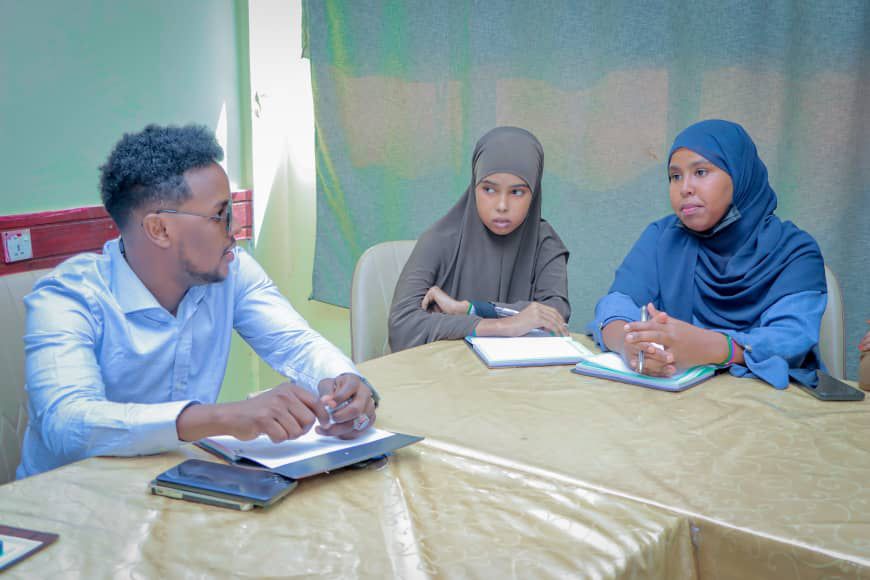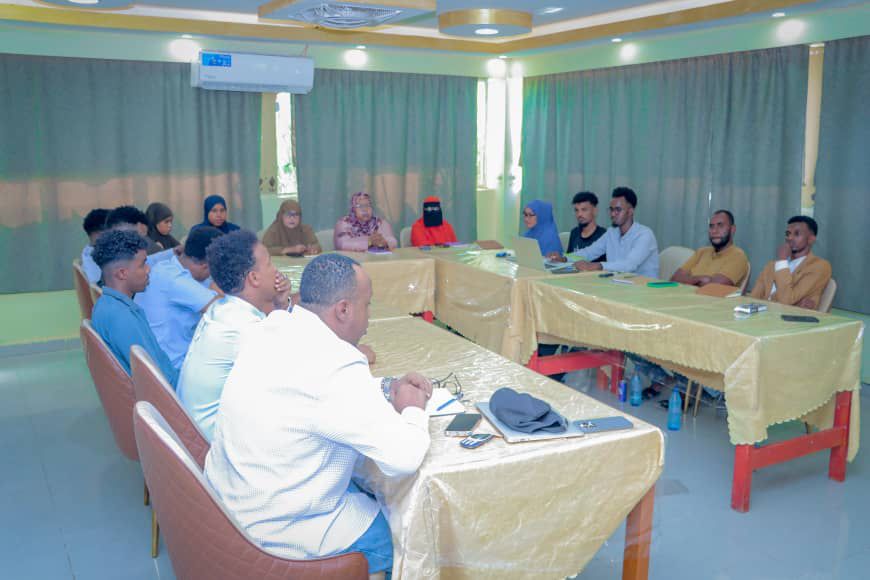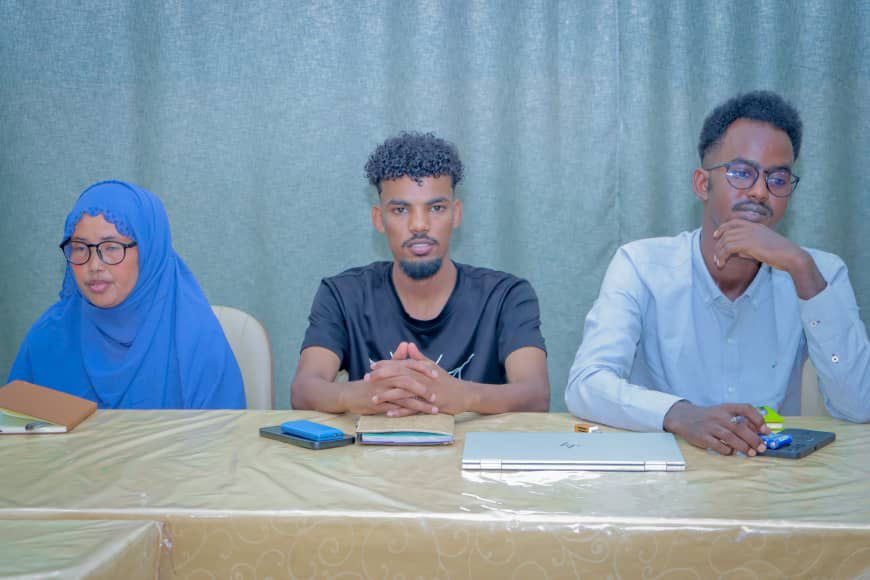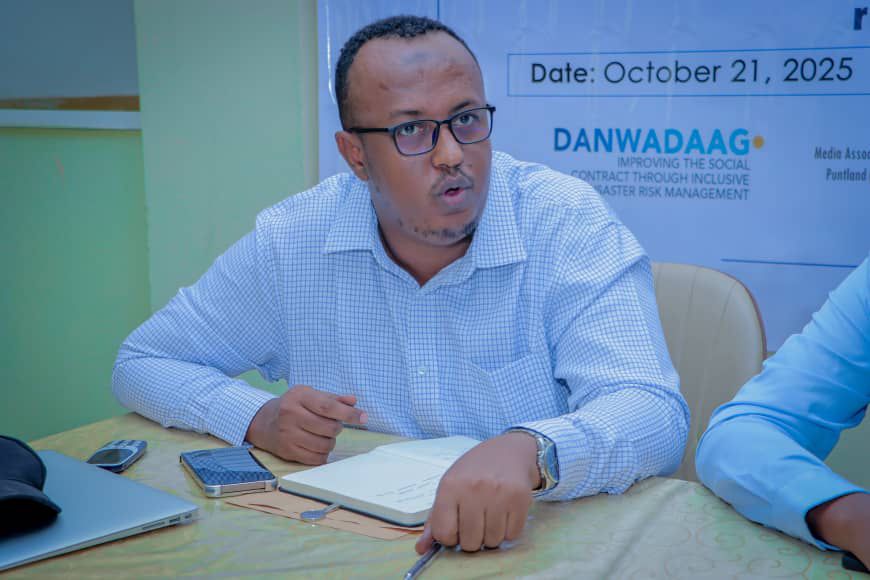Gardho, October: The Media Association of Puntland (MAP), in partnership with Free Press Unlimited (FPU) under the Danwadaag Program, held a one-day Media Dialogue Forum in Gardho on October 21, 2025. The forum brought together journalists, editors, and disaster risk management (DRM) stakeholders from across Puntland to review progress made over the past three years and explore ways to strengthen the media’s contribution to disaster awareness and community resilience.
Participants discussed how the Danwadaag Program has influenced the evolution of disaster reporting in Puntland. Over the past three years, the program has supported journalists to move from event-based crisis coverage toward more analytical and solution-oriented reporting. This shift has encouraged the media to highlight early warning, preparedness, and recovery efforts, contributing to greater public understanding of disaster risks and response mechanisms.
Through targeted capacity-building initiatives, the program introduced a DRM-focused reporting curriculum that emphasizes accuracy, context, and inclusivity. Journalists now approach disaster reporting with broader perspectives that link local experiences to wider social, environmental, and policy factors. As a result, coverage has become more relevant to citizens and decision-makers, improving the quality of public dialogue on risk reduction and community preparedness.
MAP Chairperson Mohamed Dahir Warsame noted that the initiative has strengthened coordination between the media and disaster management institutions, leading to more coherent and informed communication during emergencies. He emphasized that journalists are now more engaged in preparedness efforts, working closely with authorities and humanitarian actors to share accurate information and amplify early warnings.
“In just three years, we have witnessed a remarkable shift in the quality, confidence, and responsibility of our journalists,” Dahir said. “They are no longer merely covering disasters after they happen; they are helping communities understand risk before it strikes. This is the power of informed journalism — it saves lives.”
Beyond training, the Danwadaag Program has promoted community engagement through townhalls, radio discussions, and public forums organized by MAP. These platforms have enabled citizens and local authorities to exchange information and jointly identify solutions to local risks, thereby reinforcing transparency and accountability.
At the forum, Su’aad Hassan Shire, a journalist from Gardho, working with Daljir media shared how such initiatives have improved local reporting and responsiveness:
“MAP’s townhalls gave communities a space to express their concerns and journalists a reason to follow through,” said Su’aad. “Stories about flooding led to action, including the rehabilitation of damaged canals. This shows how journalism can directly influence community recovery.”
The forum also reviewed a draft Media Position Paper developed by MAP to consolidate lessons from previous engagements. The document outlines recommendations for improving coordination among media, government, and humanitarian actors, and for promoting professional standards in disaster reporting.
In his closing remarks, Dahir reaffirmed MAP’s commitment to advancing ethical, evidence-based journalism and strengthening the media’s role in supporting community resilience across Puntland.
“The Danwadaag partnership has demonstrated that informed and responsible journalism can make a measurable difference,” Dahir said. “We aim to build on these results and continue supporting the sector’s professional growth.”
The Gardho Media Dialogue Forum marked an important milestone in MAP and FPU’s ongoing collaboration to strengthen the role of Puntland’s media as a trusted partner in public communication, disaster preparedness, and accountability.
END
EN
D
